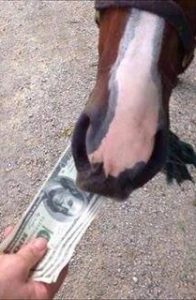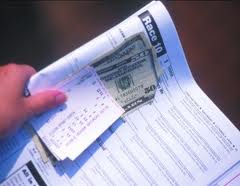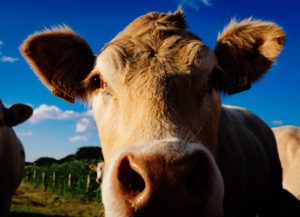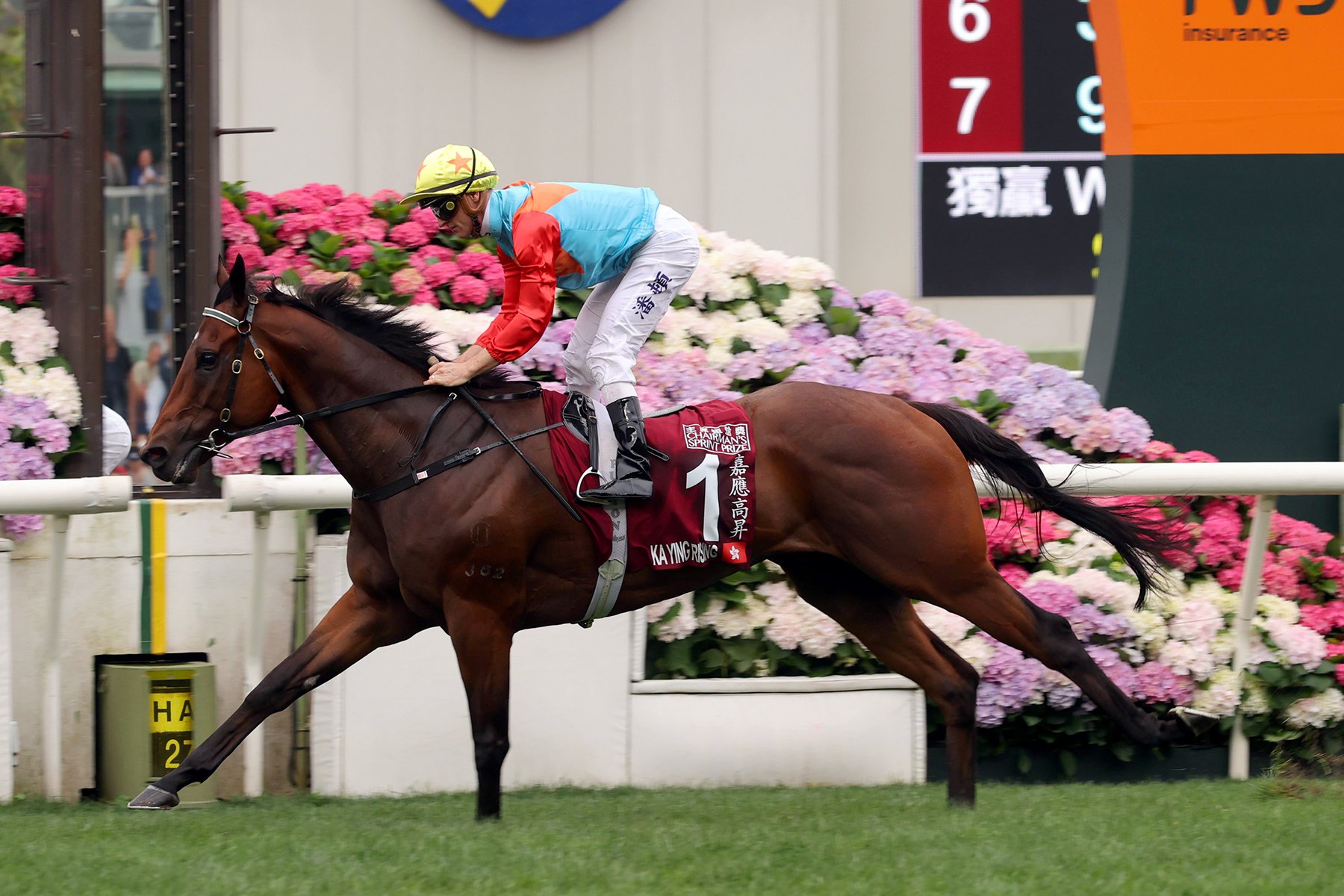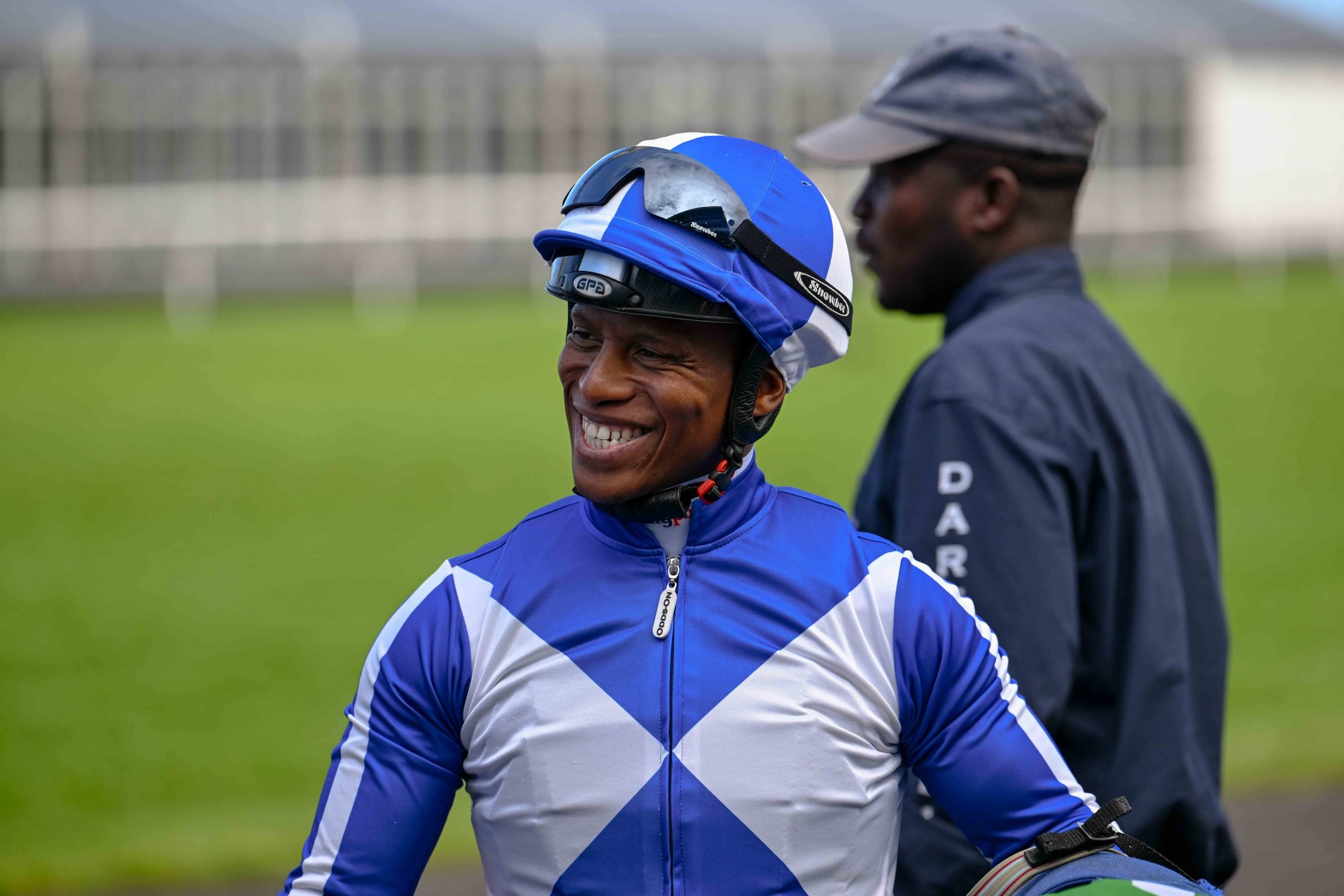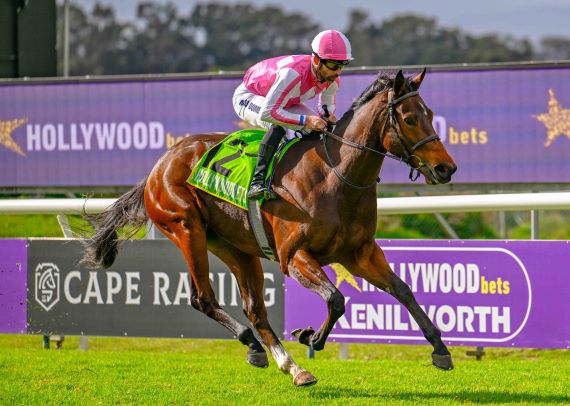Floating around the internet is a little joke which goes like this:-
“I became confused when I heard the word “Service” used with these agencies:
South African Revenue “Service”, South African Postal “Service”, Telkom telephone “Service”, South African Police “Service”, Civil “Service”, MTN / Vodacom / Cell C / Virgin / DSTV Customer “Service”. This is not what I thought “Service” meant.
Then today, I overheard two farmers talking, and one of them said he had hired a bull to “Service” a few cows. BAM! It all came into focus. Now I understand what all those agencies are doing to us. No Longer Confused!”
This joke sprang to mind with the latest crises (we seem to get them in bulk these days) to hit racing. First was the announcement of an incease in the stakes portion for trainers in “Phumelela country” from the long-standing 7% to 10%. Second was the Grooms’ strike at Randjes – and subsequently the Vaal – losing us not only sleep, but turnover and in the case of Mike de Kock, several unwanted blood pressure points.
For the record, I have absolutely no issue with what trainers charge, or what people choose to pay. You can never pay too little for poor service, or too much for good service. It’s a free society and business is decided on a supply and demand basis. As long as both parties understand and agree upfront (consent being a bit of a buzz word these days), then I’m all for it.
However, two things interest me about these latest episodes. First is the statement that “neither the Racing Association nor Phumelela will entertain explaining to owners why an increase has been implemented”. Second is the reaction to the strike – or in some quarters, lack of it – which raised the question, just who exactly is in charge? And while it’s clear that we are in trouble – and lots of it – what is less clear is who steered us there and, much more importantly, who is going to guide us out?
How does it all work?
I admit to not always being the fastest off the mark when it comes to things like this, but I’m confused. Firstly, how in the name of all things holy can both the RA and Phumelela have the brazen cheek to tell the industry at large what they will or will not ‘entertain’ discussing? Secondly, to my mind the issue here should be stakes in general – arguing over the trainers’ slice of an ever diminishing pie, seems rather like rearranging the deck chairs while the Titanic sinks. The issue is the pie, not the portion. So perhaps if we examine the pie, things might get a bit clearer.
Let’s take a step back and take a look at the bigger picture.
Phumelela generates money from offering betting on racing. It is probably worth a mention that they got their Tote license free, gratis and verniet as part and parcel when they took over the business of running racing. Secondly, racing is largely conducted on facilities that were similarly gift-wrapped and handed to the operator on a silver platter during the corporatisation process.
There is always lively debate as to who ‘funds’ racing. The answer, like most things in life, is not straightforward.
Who Funds Racing?
Racehorses are bought and paid for by owners. The horses also have their keep, vet, farrier, dentist, physio etc bills paid for by owners. Owners pay the jockeys who ride their horses. Thanks to one of the many amendments to the Stakes Agreement, owners even pay for their horses’ transport to and from the race track. And these are just the standard running costs and are payable whether the horse ever wins a race or not.
Should the miserable creature ever earn a cheque (and we know that around 30% of horses will ever win a race and only 3% will ever win a stakes race) – before the owner sees any reward for all that outlay, his stake is docked at source by 10% for the trainer (if you are in Gold Circle or Phumelela-country), 10% for the jockey and 1% for the groom.
Where Do Stakes Come From?
Now let’s take a little look at that stake cheque. We know sponsorships are few and far between, so the majority of that money has to be derived from turnover.
We know that the Operator generates turnover from the money the betting public chooses to wager on racing (in case we don’t say this often enough – and I don’t think we do – THANK YOU, BETTING PUBLIC ! !). Racing, as we have just established, is kindly made possible by the generosity of owners providing firstly their facilities to train and race on, and secondly, their horses as fodder to do the training and racing. So it would not be unfair to say that owners pull their weight in terms of giving the Operators the means to offer their betting product, alongside our friendly punters who regularly empty out their pockets to give racehorse owners the incentive to do so.
Now let’s examine that a little further. As per page 73 of the latest Phumelela Annual Report (freely available for download), Phumelela posted a nett income of R1.552 billion for the period under review.
That’s pretty great, right? Well, maybe, but maybe not. Let’s look at a few expenses and how they stack up.
Doing the maths
As per page 120 of the same report, Phumelela devoted R390 million (25% of its income) to paying its employees (of which there are an estimated 1500 in total). While that’s not the end of the world (most people realise that staff is normally the biggest expenditure), approximately R65,178 million (or 16% of the total company income) is spent on emoluments for ‘Directors and Prescribed Officers’ alone.
The 10 Non Executive Directors alone (MP Malungani, R Cooper, BP Finch, MJ Jooste, B Kantor, SKC Khampepe, NJ Mboweni, E Nkosi, CJH van Niekerk and JB Walters) account for R2,484 million – up from the previous year’s R2,357 million.
But wait, there’s more. Between them, our 7 Executive Directors account for R49,080 million (more than double the 2016 figure of R23,789 million). Including basic salary; retirement, medical, accident and health benefits; and Bonuses and performance-related payments, CEO Rian du Plessis took home R6,580 million (up 52% from the previous year’s R4,320), plus R2,870 million in share-based payment expenses for a total of R9,450 million. COO and Group Finance Director Andreas Heide accounted for a R3,485 million basic (up 44% from R2,411 million in 2016), plus R7,192 million in share options and R64,000 share-based payment expenses for a total of R10,741 million. Executive Director: Sports Betting Vee Moodley took home a basic of R3,573 million (up 35% from R2,644), plus R6,090 million in share options and R57,000 in share-based payment expenses for a total of R9,722 million.
Executive Director Mpho Ramafalo took home a basic of R2,029 million (up 20% from last year’s R1,686 million), share options of R4,698 million and share-based payment expenses of R44,000 for a total of R6,771 million.
Executive Director: International Operations John Stuart earned a basic of R3,042 million (up 35% from R2,247 million), share options of R6,455 million and share-based payment expenses of R57,000 for a total of R9,554 million.
Also listed are two ‘Prescribed Officers’ in Clyde Basel (Racing Executive) and CFO BK McLoughlin, who took home a combined R16,098 million. Clyde took home a basic of R2,930 million (up 42% from R2,064 million in 2016), share options of R6,090 million and share based payment expenses of R57,000 for a total of R9,077 million.
CFO McLoughlin earned a basic of R2,183 million (up 35% from R1,612 million), share options of R4,795 million and share based payment expenses of R43,000 for a total of R7,021 million.
And that’s without the various off balance sheet remunerations from auxiliary services.
We should probably also make mention of the fact that for the period listed, Phumelela paid out R86,9 million in shareholder dividends (up 17% from R74,5 million in 2016). There are obviously a number of other expenses to account for as well, but just between paying directors and keeping shareholders happy, Phumelela paid out a cool R152,078 million.
While our top brass received double digit increases, our stakes pot also got a little love and went up to R208,756 million – however, at a rather underwhelming 3% up on R202,871 million in 2016. Hmmm.
Stakes
In terms of that stakes pot allocation, we need to give the Racing Trust a little mention, as it is the major shareholder in Phumelela. Although its shareholding has been substantially diluted thanks to its role in the Supabets deal, it still receives a handsome dividends cheque on an annual basis. While these funds are earmarked for a rather motley collection of racing endeavours (of which the general public generally hears nothing), it also contributes a mystery sum to the stakes pot. As I understand it (and I acknowledge that my understanding may be incorrect as no-one seems forthcoming about explaining the specifics) this sum is determined through negotiation between the RA and Phumelela.
Why the RA? Because the RA handles the Trust’s admin. The RA also negotiates the Stakes Agreement with Phumelela. So therefore, Larry Wainstein, in his capacity as RA CEO, is directly and intimately involved in how much money gets allocated to stakes.
As the CEO, Larry is remunerated R3 million per annum for the privilege. As we have just established, via its position as the administration arm of the Racing Trust and the Stakes Agreement, the RA is responsible for negotiating the annual stakes portion from Phumelela every year.
So here we have the two entities, who are jointly responsible for stakes, and paid handsomely to perform their duties, refusing to discuss a matter pertaining to stakes. Am I the only one with my eyeballs in spasm?
Pie
So getting back to that pie. The grooms have negotiated an extra R250/week, which amounts to an extra R12k/year per groom. Trainers have negotiated an extra R6,2 million from the stakes pot. Split across the currently registered 157 trainers, that translates to an extra R40k/year per trainer (assuming they aren’t already charging it). But either way, it pales in comparison with the R65,178 million a year Phumelela spends on executives.
As I said, I have peace with what people want to charge for their services as long as they provide value for money. But when the very people tasked to manage our sport take home 16% of the annual income while the industry is crippled by protests, health and safety concerns, integrity issues and a stud book crisis, one can’t help wondering whether we are being served or ‘serviced’?



